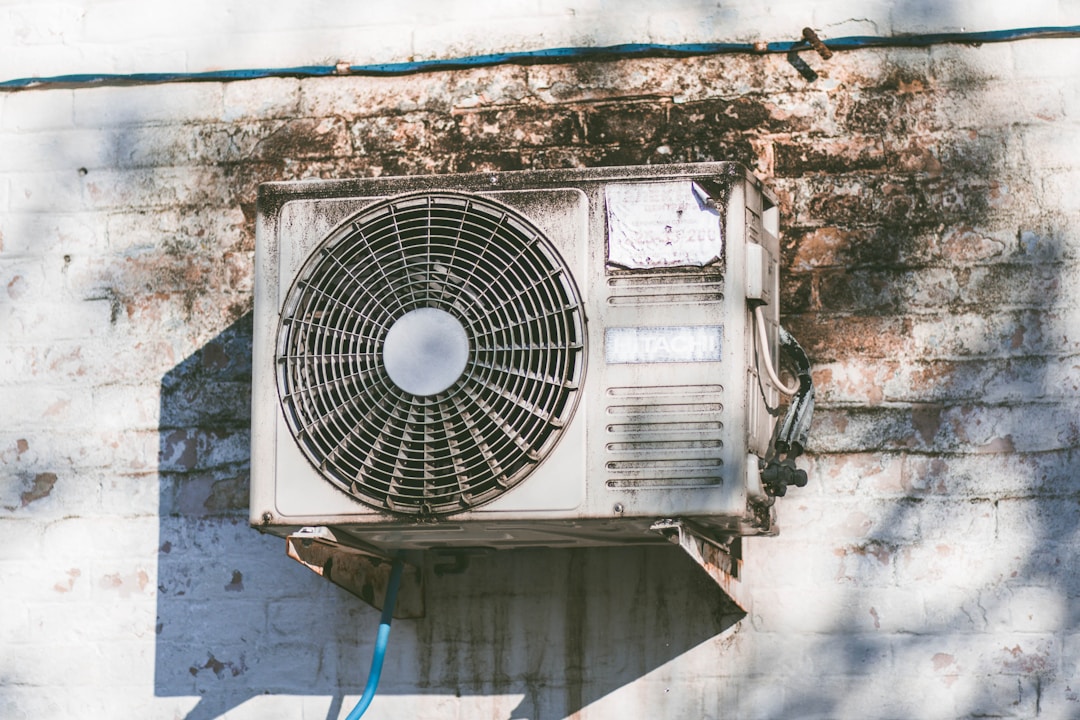If you’ve ever felt like your heating system isn’t keeping up with the demands of the season, you aren’t alone. Many Americans report underperforming HVAC systems each year. If you live in your home long enough, it is almost a guarantee that this will happen. While it might be a common issue, however, it doesn’t make it less frustrating. It’s important to remember that your heating system comprises complex equipment, and there are several potential causes for your issues.
The best way to mitigate many heating system issues is through routine maintenance and care. Regular maintenance performed by a professional technician will ensure that your system runs at peak efficiency all winter long. Inside your system are complex pieces of equipment that work together to provide warm air throughout your home. If any parts of your equipment are compromised, it could mean uncomfortable temperatures inside of your home.
During normal use, general wear and tear can take a toll on the function of your heat pump or furnace. As a result, you could experience system inefficiencies and underperforming equipment. If you believe that your system is struggling to keep up during the cold weather, it could mean that you require repairs or even replacement. Let’s take a look at why your heating system isn’t performing up to spec.
1. Inefficient Equipment

One of the major reasons why your heat pump or furnace might not be performing well is system inefficiencies. Depending on where you live, harsh winter conditions could place heavy demands on your equipment. Over time, your system will experience small leaks, cracks, and a build-up of dirt, dust, and other substances. Most of these issues won’t lead to system failure. However, if they are left unresolved, they could cause your equipment to work harder. As your system has to work to overcome the issues slowing it down, you might notice that your home is struggling to maintain a consistent temperature. Regular maintenance can help resolve any issues that may cause efficiency issues.
2. Aging System

As a general rule, your furnace should last around 20 years. Routine maintenance and care can extend the lifespan of your system by several years, however. Even with regular service, your system will experience issues as it continues to age. As the system gets older, it will begin to succumb to wear and tear and will require repairs and more frequent service. Older systems are less efficient and struggle to keep up with the demands of outdoor temperatures. A professional HVAC system technician can help to diagnose your older system and provide solutions for repair or replacement.
3. Ductwork Issues

Occasionally, an underperforming heat pump or furnace isn’t the result of faulty equipment. In some instances, your ductwork could be the cause of inconsistent heating. Similar to heating systems, ductwork also has a lifespan of 15-20 years. As the duct materials age, they can become cracked or damaged and allow air to leak out. If your heat is leaking through the ductwork, it isn’t making its way into your home.
Additionally, many homeowners don’t realize that older ductwork can accumulate pounds of dust, dirt, and allergens. As your ventilation system becomes clogged, it will be difficult for warm air to circulate throughout your home. A trained technician will be able to inspect your ductwork and provide cleaning services to help improve your heating.
Other problems with things like your thermostat, air filters, or blower could also be the cause of an underperforming system. If you feel like your heating system is struggling to combat the outdoor temperatures, you should get a trained technician to do a complete check of your equipment. In many cases, your system might only require a tune-up or cleaning to get it back in working order.
